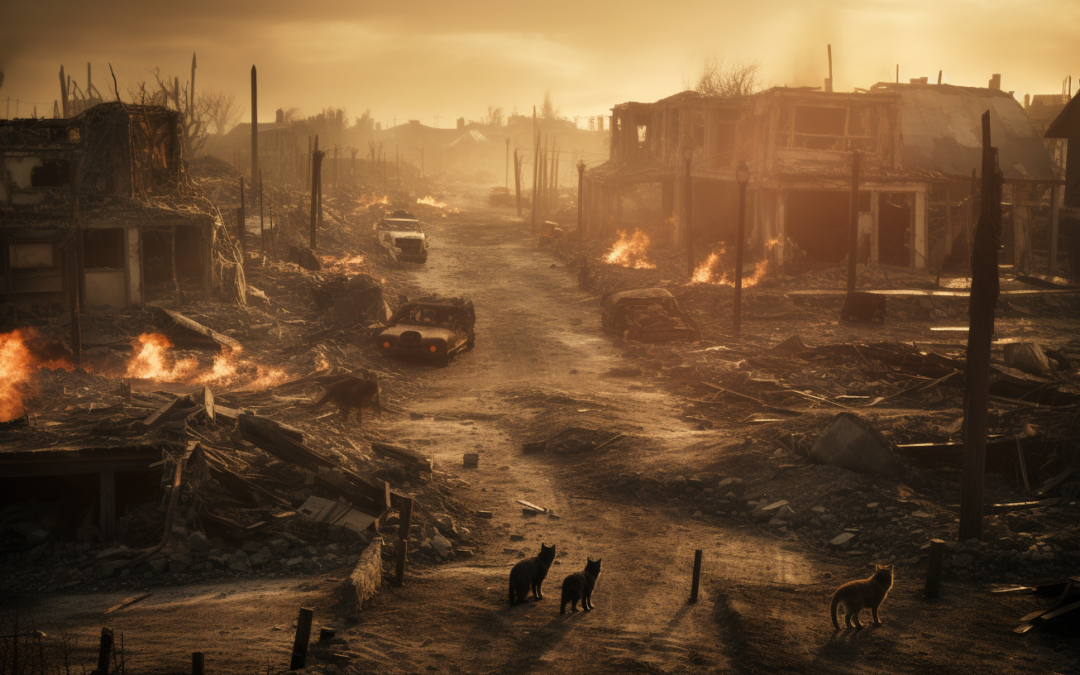How to Survive the First 72 Hours After a Major Catastrophic Event
Preparing for a major catastrophic event can be a daunting task, but knowing what to do in the first 72 hours can be the difference between life and death. It’s important to have a plan in place and the necessary supplies on hand in case of an emergency. While each situation may require different steps, there are some general guidelines that can help you navigate the first 72 hours after a catastrophic event. In this post, we will discuss what you should do to maximize your chances of survival during this critical time.
Stay Calm and Assess the Situation: The first thing you should do after a major catastrophic event is to stay calm and assess the situation. Look for any immediate threats to your safety, such as collapsed buildings, fires, or flooding. Identify any potential hazards, such as gas leaks or downed power lines. Once you have assessed the situation, take steps to protect yourself and your loved ones. If you’re indoors, stay inside, and if you’re outdoors, seek shelter as quickly as possible. If you’re trapped, try to alert others to your location by making noise or using a flashlight.
Gather Supplies: After you have assessed the situation, the next step is to gather the necessary supplies for survival. You should have an emergency kit on hand that includes food, water, and medical supplies. If you don’t have a kit, start gathering supplies as soon as possible. You will need enough food and water to last for at least 72 hours, preferably longer. If you have access to a safe water source, then great, but if not, you may need to treat water to make it safe to drink.
Stay Informed: Communication is critical during a catastrophic event, so it’s important to stay informed. Listen to the news and any emergency warnings or alerts. Check social media and other online resources for updates. If you have a battery-powered radio, use it to stay up to date on the latest developments. Stay in touch with family, friends, and neighbors. Coordinate with others to share resources and support each other during this difficult time.
Secure Your Home: If you’re at home, secure it as best as possible. Turn off the gas, electricity, and water if necessary. Make sure that any flammable materials are stored properly, and if you have a fireplace or stove, use it for warmth and cooking. Keep your home as clean and organized as possible to prevent the risk of illness or injury.
Plan for the Future: It’s important to plan for the future and think beyond the first 72 hours. Assess what resources you have and what you may need in the coming days, weeks, and months. Consider transportation, medical care, and long-term food and water sources. Develop a plan to rebuild your life and your community after the catastrophe has passed.
Surviving the first 72 hours after a major catastrophic event requires preparation, calmness, and resilience. By staying calm, assessing the situation, gathering supplies, staying informed, securing your home, and planning for the future, you can increase your chances of survival and minimize the risks to your health and safety. Remember, being prepared is the best defense against uncertainty, and investing in your own safety and that of your loved ones is an investment worth making.





